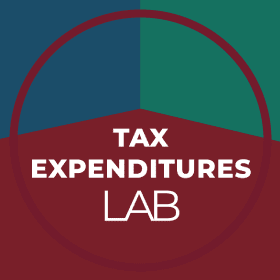The GTETI is the first comparative assessment of TE reporting that covers countries worldwide. Building on the data collection and classification developed to construct the GTED, the GTETI provides a systematic framework to rank countries according to the quality of their TE reporting. Countries are not compared according to the amount of revenue forgone they report, or to the many ways they use TEs. Rather, they are assessed on five dimensions that provide a comprehensive and detailed picture of the quality and scope of TE reporting: (1) Public Availability, (2) Institutional Framework, (3) Methodology and Scope, (4) Descriptive TE Data, and (5) TE Assessment.
The GTETI is based on the latest available TE report issued by each country. It follows a normative approach, by which the quality and scope of real-life TE reporting is assessed against an ideal TE report. Following this approach, while scoring countries according to the size of revenue forgone or the definition of the benchmark tax system can be highly complex and controversial, the way that the relevant information on TEs should be reported can be assessed in an objective way and, hence, countries can be scored over their performance in this area.
Further details and methodological decisions can be found in the GTETI Companion Paper.


